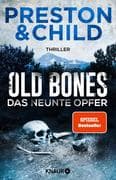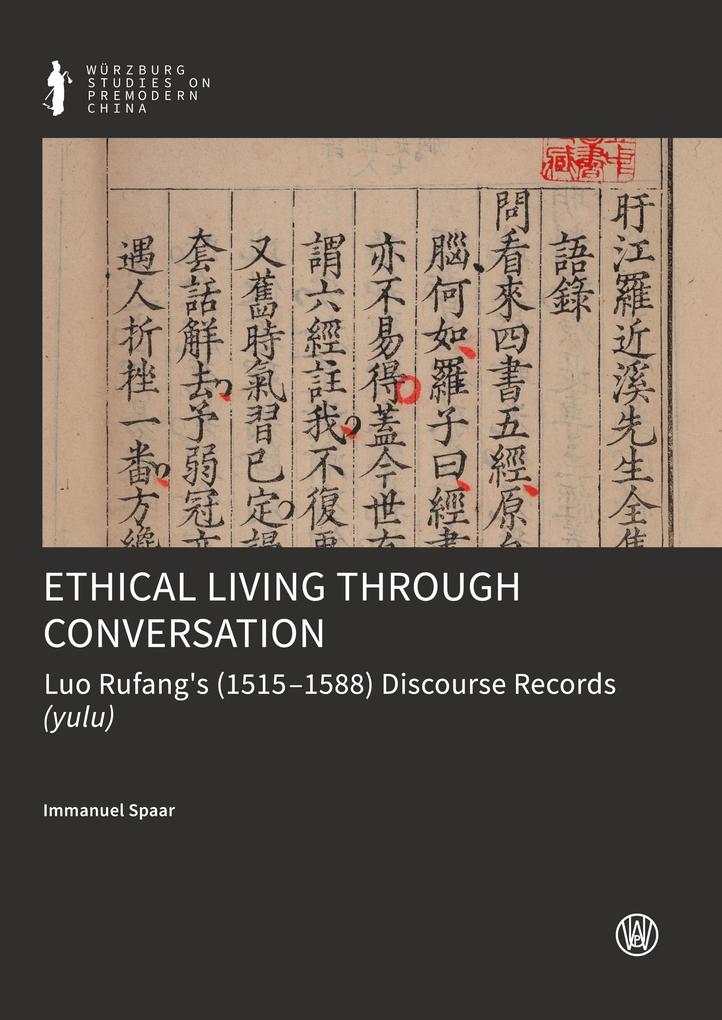Neo-Confucians, a broad category of Chinese philosophers who followed the ethical thinking of Confucius (551-479 BC) and Mencius (c. 372-289 BC), recorded their conversations and sayings in writing, believing that what they had studied and discussed with students and friends would benefit future generations. Discourse records (yulu) were stylized, yet authoritative, collections of such conversations. During the Ming dynasty (1368 -1644), these records were widely read, and Luo Rufang (1515-1588) emerged as an engaging philosopher who emphasized verbal exchange and used conversations and lectures to convey nuanced interpretations of Neo-Confucian philosophy. For Luo, dialogue was not merely a teaching tool but a philosophical method for cultivating and transmitting ideas of ethical living.










